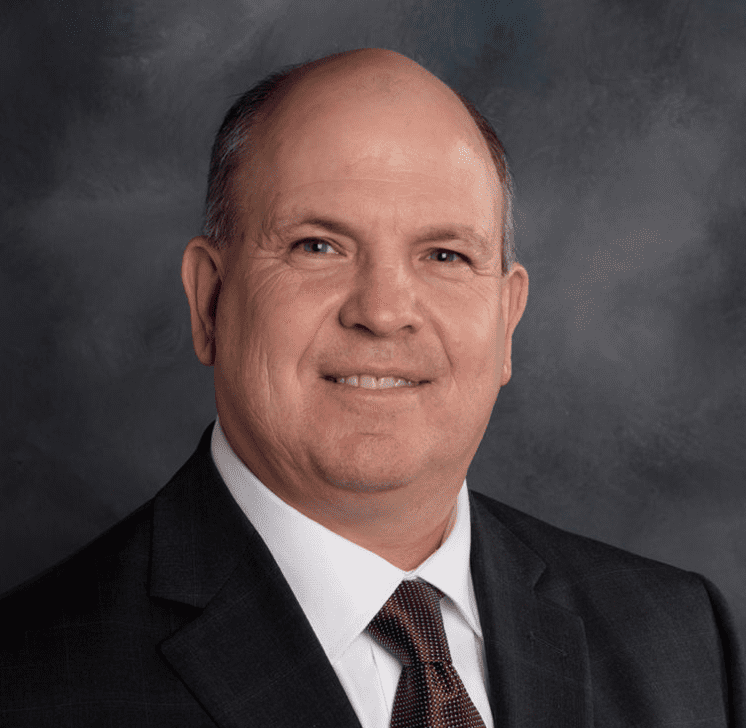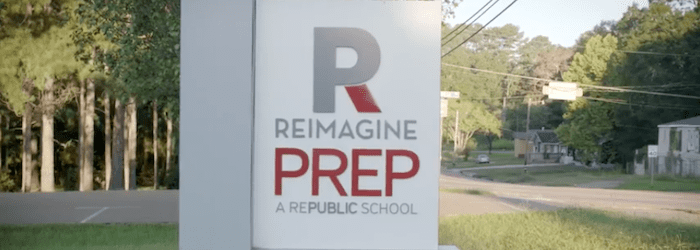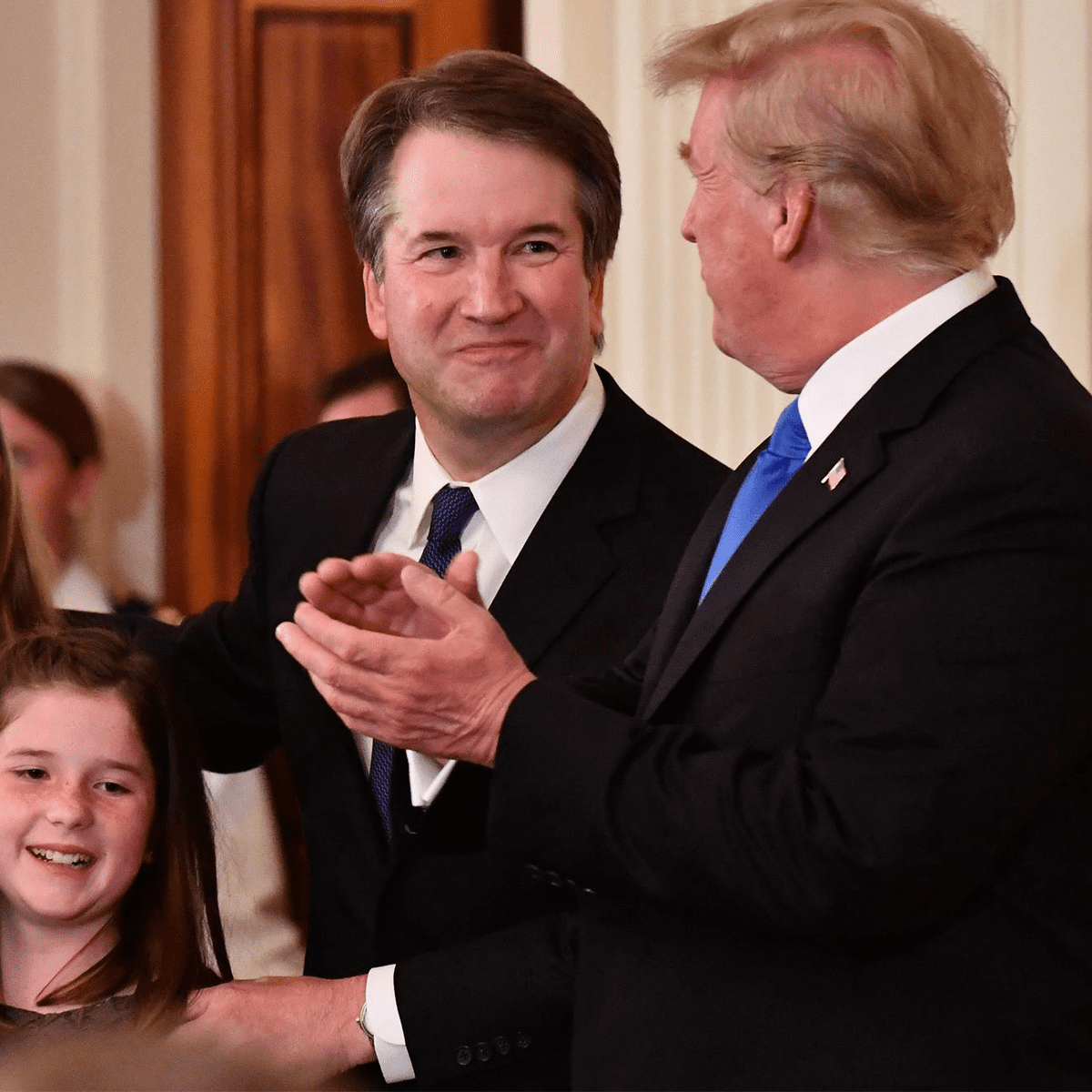
By: Mike McCormick, Mississippi Farm Bureau President
Rural broadband is a critical pathway to global markets for agriculture and other industries. Farmers and ranchers depend on broadband, just as they do highways, railways and waterways, to ship food, fuel, and fiber across the country and around the world. From a broader perspective, rural communities need access to health care, government services, educational, and business opportunities. According to the Federal Communications Commission, 39 percent of rural Americans lack access standard broadband service, compared to only 4 percent of urban Americans, or an estimated 34 million people.
There are some exciting activities taking place in Washington, D.C. right now on the topic of rural broadband. In December 2017, U.S. Congressman Trent Kelly (R-MS), a member of the House of Small Business Committee, introduced the Small Business Broadband and Emerging Information Technology Act (H.R. 4677). This bill addresses the bipartisan push for nationwide broadband that specifically targets small businesses’ needs and potential. The bill specifically improves certain programs of the Small Business Administration to better assist small businesses in accessing broadband technology, and for other purposes.
Just recently, U.S. Senator Roger Wicker (R-MS.), a member of the Senate Committee on Commerce, Science, and Transportation, advanced the Precision Agriculture Connectivity Act (S. 2343) out of Committee. This bill would create a task force to focus on the connectivity and technology needs of precision agriculture in rural America. The taskforce will propose policy recommendations to promote the deployment of fixed and mobile broadband across ninety-five percent of the cropland and ranchlands in the United States by 2025. Additionally, as chair of the subcommittee on Communications, Technology, Innovation, and the Internet; Wicker has challenged the Federal Communications Commission’s (FCC) assessment of mobile broadband coverage across Mississippi. The assessment inaccurately reports only a fraction of the state does not have access to a consistent 4G LTE connection. Simply put, the FCC map is wrong. The flaws in the FCC map are troublesome because this could mean federal resources may not get to areas with the greatest need. Even though Mississippi is a rural state, 98 percent would not be eligible for special funding under the current map.
Recently the Trump Administration released its “Building a Stronger America: President Donald J. Trump’s American Infrastructure Initiative.” $200 billion in direct federal funding will be devoted to a new Rural Infrastructure Program to rebuild and modernize infrastructure in rural America. This spring the omnibus spending bill also included a $600 million investment for USDA to identify and address under-served areas. The farm bill moving forward in the House of Representatives would make investments in rural broadband expansion as well. So good things are happening; we just need more.
As technology has advanced, the rural broadband divide has become a larger issue to rural Mississippians. We applaud the members of our congressional delegation, in particular U.S Senator Roger Wicker and U.S. Congressman Trent Kelly, for authoring key legislation and serving as the voice for rural Mississippians lacking access to broadband. We are hopeful with a renewed focus on this issue and some positive movements in Washington the time is right to bridge this rural broadband divide in Mississippi.
Mike McCormick is President of Mississippi Farm Bureau ® Federation, the state’s largest general farm organization with over 192,500 member families across Mississippi. He is a cow/calf and timber farmer from Union Church in Jefferson County, Mississippi.











